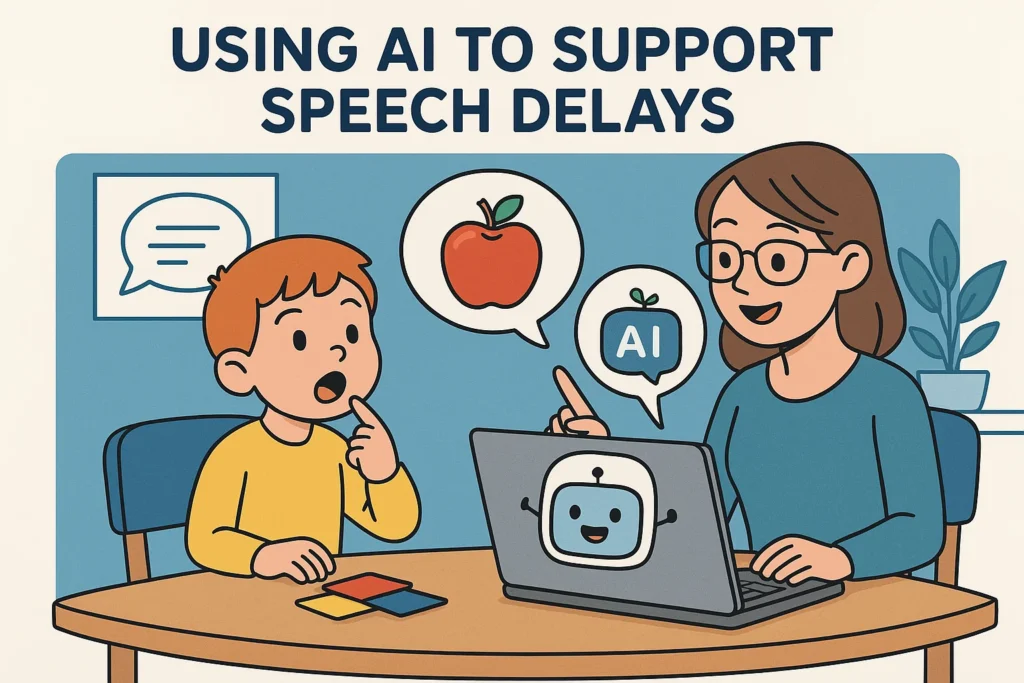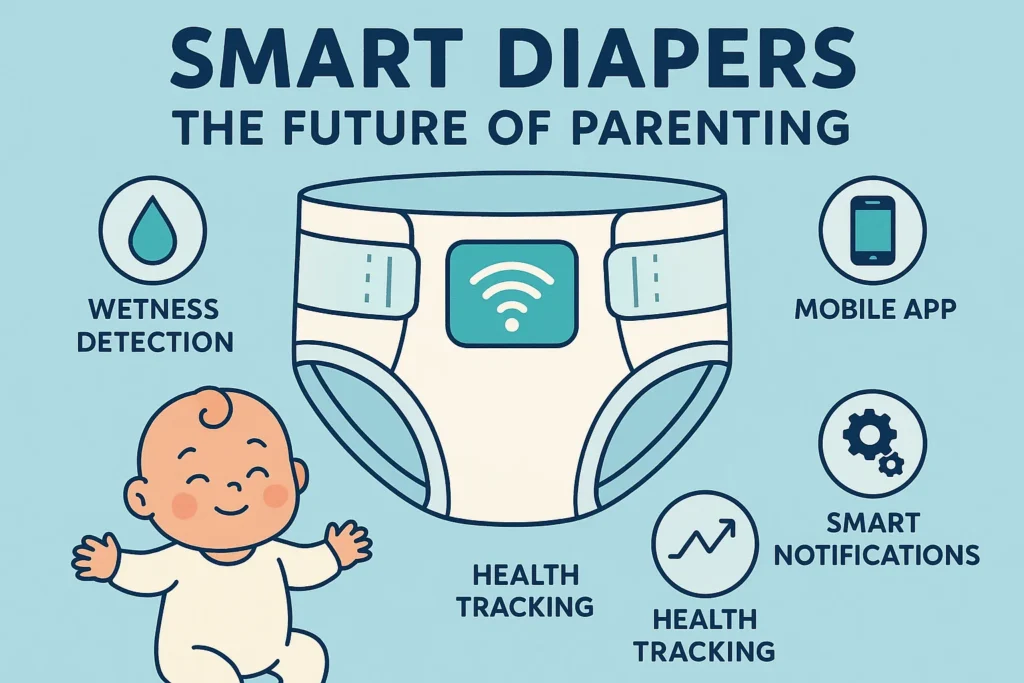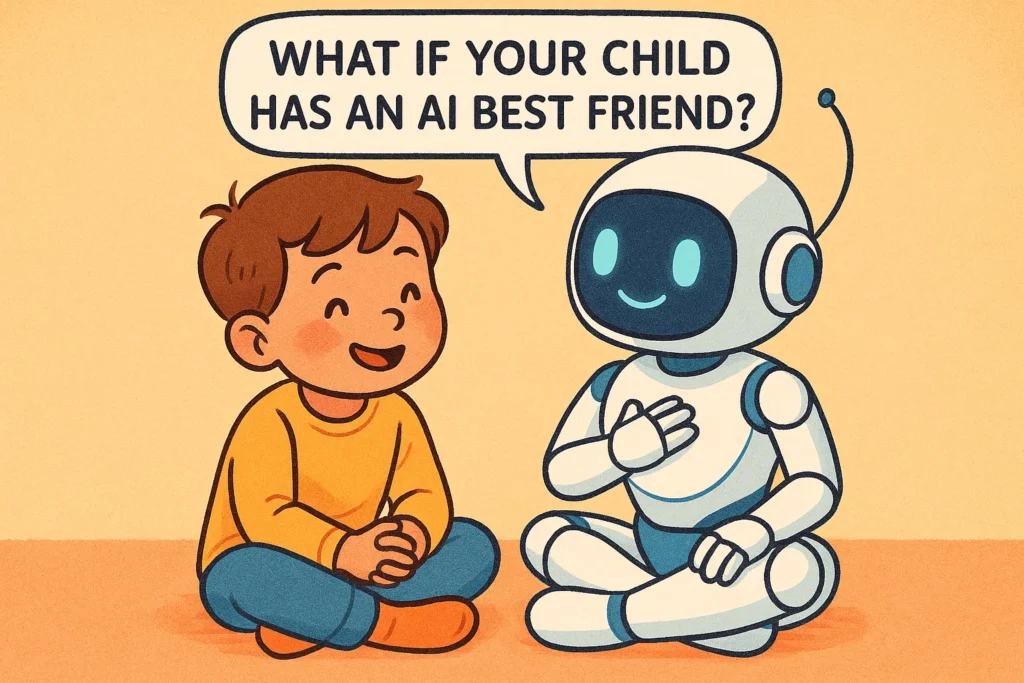🌟 Introduction
At AiBlogQuest.com, we explore how technology can empower parents and educators to nurture children’s growth. One of the most transformative areas in early childhood development today is the use of AI to support speech delays.
Speech delays affect millions of children worldwide — often causing frustration, low confidence, and communication gaps. With the rise of artificial intelligence, however, therapy has become more interactive, accessible, and personalized than ever before.
🧠 What Are Speech Delays?
Speech delay means a child takes longer than expected to learn to speak or pronounce words correctly. It may stem from hearing issues, developmental conditions, or environmental factors. Early intervention is critical — and that’s where AI-driven tools are making a big difference.
AI listens, learns, and adapts — providing customized speech exercises, real-time pronunciation feedback, and motivational cues that keep kids engaged.
🧩 How AI Helps Kids with Speech Delays
1. 🎙️ Real-Time Pronunciation Feedback
AI-powered apps like Speech Blubs and Lingokids AI analyze a child’s voice in real time, detecting mispronunciations and gently correcting them with visual cues and sound comparisons.
2. 👧 Personalized Speech Therapy Plans
Every child learns differently. AI tools adapt based on progress — adjusting the difficulty, speed, and vocabulary used in lessons, ensuring personalized learning experiences.
3. 🎮 Gamified Learning Experiences
AI turns therapy into play! Kids earn rewards, unlock characters, and follow storytelling adventures while improving their articulation — making practice feel like a game rather than a task.
4. 🗣️ Voice Recognition & Emotion Detection
Some AI systems use emotion-aware speech recognition to identify frustration or hesitation in a child’s voice. This helps therapists or parents understand when to offer encouragement or rest.
5. 📱 Virtual Therapy Companions
AI chatbots or animated avatars act as patient listeners, encouraging kids to talk, repeat, and expand their vocabulary in a safe digital space — available anytime, anywhere.
6. 💬 Multilingual Support
For bilingual or multilingual households, AI tools can switch between languages seamlessly — helping children practice pronunciation in both their native and secondary languages.
7. 🧑🏫 Support for Parents & Therapists
AI dashboards track progress, highlight difficult sounds, and suggest new exercises, helping parents and professionals collaborate better on the child’s therapy journey.
⚖️ Benefits vs. Concerns
Benefits:
-
Affordable and available 24/7
-
Engaging and less intimidating for children
-
Personalized therapy for faster improvement
Concerns:
-
Privacy issues with voice data storage
-
Overdependence on digital feedback
-
Lack of emotional connection compared to human therapists
The key is balance — use AI to support speech delays as a complement to professional guidance, not a replacement.
🌈 Real-Life Success Story
A 2024 study by Stanford University found that children using AI-assisted speech therapy apps improved pronunciation accuracy by 42% faster than those in traditional sessions alone. Hybrid models are becoming the future of speech and language learning.
🧾 Final Thoughts
AI is transforming speech therapy from a slow, repetitive process into an engaging, intelligent, and encouraging experience. When used ethically and thoughtfully, AI to support speech delays empowers children to communicate confidently — one word at a time.
The future of speech development is not just about teaching kids to speak, but helping them find their voice.
🔗 Useful Links – AiBlogQuest.com
-
AI in Phonics and Spelling Practice
-
AI for Identifying Learning Disabilities Early
❓ FAQ
Q1: Can AI replace a speech therapist?
No. AI complements therapy by offering consistent practice and instant feedback, but human therapists remain essential for emotional and behavioral understanding.
Q2: Are AI speech therapy apps safe for kids?
Yes, most are safe with proper parental supervision. Always review app permissions and data policies before use.
Q3: What age can children start using AI-based speech tools?
Most AI speech therapy apps are suitable for children aged 3 and above, depending on their developmental stage and comfort level.



